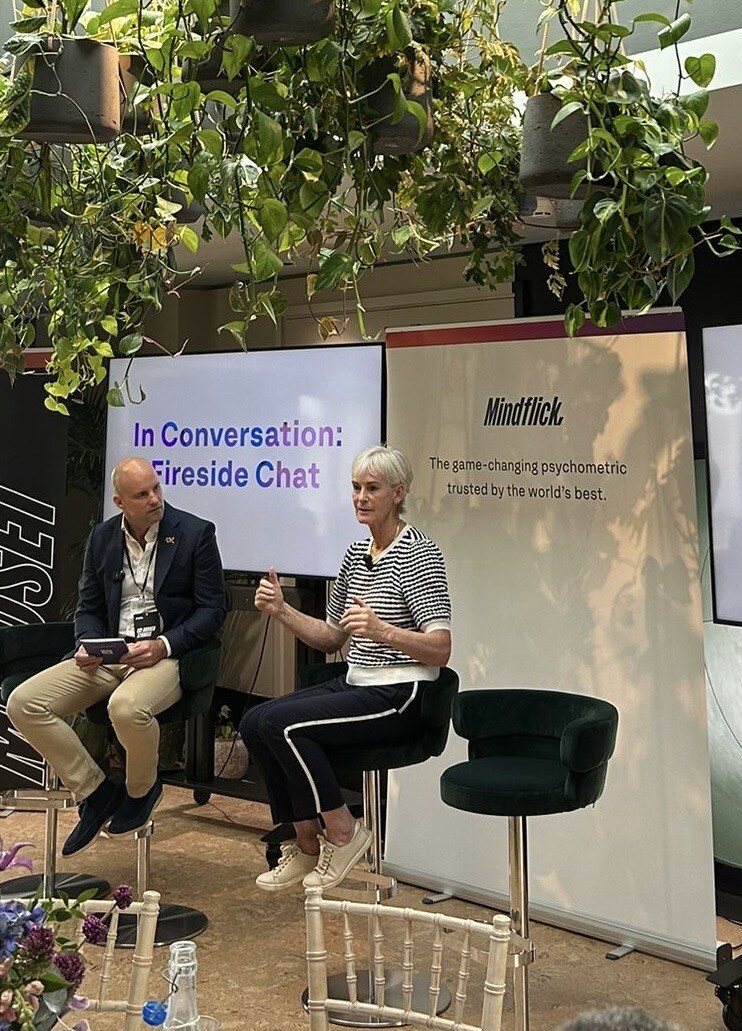When working with senior teams, a question we’re often asked is: "Would the perfect team have a balance of all personalities?"
This question typically comes up when a team stands on one of our large floor mats, with each person positioned based on their own preferences.
Inevitably there’s a trend or bias in the group with more individuals clustered on one side of the mat, along with some clear gaps in other areas, and that’s when the question of the ‘balanced team’ tends to crop up. This is normally followed by a discussion about potentially recruiting to fill the gap, who they know that could step in, and how that might work in practice...
But all of this is based on faulty thinking - it's based on the assumption that personality is strongly linked with performance...and that's a myth.

Research shows that you can't determine if someone will be a high performer based on their personality alone, and there's no solid evidence that having a balanced mix of different personality types makes for a better team. So while this is a valid question, and we’d love to say our psychometric could predict performance, it’s simply not true.
“There is never a perfect balance, so there's no need to try to recruit to fill these gaps
At Mindflick, we’ve worked with thousands of high-performing teams, from the C-suite to the Premier League, from boardrooms to locker rooms, and in each of the most successful teams – including those who are genuinely the best in the world at what they do – there’s always a bias and there's always a gap.
Rather that look for "balance", we’ve learned that the key to creating a high-performing team lies in developing ‘collective adaptability’.
This involves the whole team consciously stepping into different mindsets and ways of viewing the world irrespective of their own preferences, collectively adapting to what the current situation requires. It’s about proactively flexing their approach as a team, working together to meet the demands of a shifting landscape.
At Mindflick, we’re dedicated to helping you cultivate this adaptability and drive your team's success. The way we do this is through the idea of the Empty Chair - an idea rooted in gestalt psychology. This highlights our collective blindspot as a team and encourages us to answer the questions that we're least likely to ask as a team. Getting round this as a team helps us to leverage cognitive diversity and tap into different perspectives.
So, when considering the composition of your team, remember that it's not about filling personality gaps. It's about building a team that can move around different perspectives together, collectively adapting and responding to the challenges they face.
June 13, 2024


